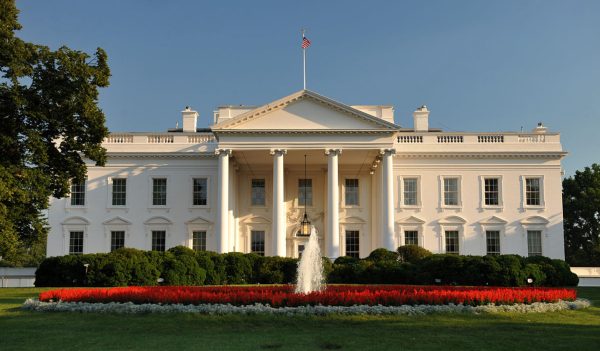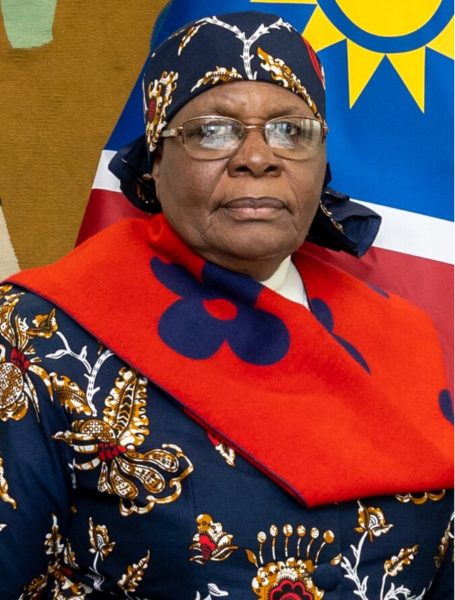*All news has been updated as of Dec. 17*
New Jersey:

In recent weeks, large drones have been spotted flying in northern New Jersey and nearby areas, which has raised concern amongst citizens of the area. The drones were first seen on Nov. 18, and since then, have been seen in at least 10 different counties in New Jersey. The Federal Bureau of Investigation’s (FBI) Newark field office has put out statements encouraging those with information to call the bureau’s tip line, or to submit relevant information online.
United States:

On Dec. 1, President Joe Biden pardoned his son, Hunter Biden, on tax evasion and gun possession charges. Earlier in his presidency, Joe Biden had stated that he would not employ this pardon in order to benefit his own family; President Biden and the White House have been working to justify the president’s decision, which has been labeled as an ‘abuse and miscarriage of justice’ by many, including president-elect Donald Trump.
World:

On Dec. 2, a Brussels, Belgium court ordered for the country of Belgium to pay reparations to five women who had been taken from their parents during the age of colonial rule in Belgian Congo (known today as the Republic of the Congo). From 1948 to 1961, biracial children were systematically kidnapped from their families as they were considered “metis”—a French word that means “mixed”—children, and were victimized by a racially motivated movement by the Belgian government to eliminate racial diversity within the colonized African country. Thousands of biracial children were taken from their families and either forced to go to cities far away from their homes, or even shipped to Belgium to be adopted. The women are set to receive 250,000 euros, or rather $267,000, in total to “compensate the appellants for the moral damage resulting from the loss of their connection to their mothers and the damage to their identity and their connection to their original environment.”

On Dec. 3, Namibia elected 72-year-old Netumbo Nandi-Ndaitwah as their first female president. Nandi-Ndaitwah was the country’s deputy prime minister and minister of international relations and cooperation during Hage G. Geingob’s presidency—which came to an end in February 2024 after he passed away from cancer. In the election, Nandi-Ndaitwah won after the election was “tarnished by technical glitches that caused a three-day extension to allow votes to be cast, and rejected as illegal by opposition parties,” according to AP News. Despite these challenges, Nandi-Ndaitwah won the election with 57% of the vote and is set to be Namibia’s fifth president since declaring independence in 1990.

On Dec. 3, South Korean President Yoon Suk Yeol declared martial law over South Korea during a televised speech to citizens. Soldiers were quickly sent out to enforce this new decree immediately after its announcement, which bothered many citizens. Just a day later, Yeol lifted the martial law following 190 lawmakers unanimously voting to reject the new decree. The martial law was in place for just about six hours, as it was put in place at 10:30 pm on Dec. 3 and lifted in the early hours of Dec. 4. Opposition parties began motions to impeach Yeol. Yeol’s own party, People Power Party, chose to not support impeaching him despite their divide. Yeol addressed South Koreans once again on Dec. 7, apologizing for the events that had occurred over the past days, but announced that he would not resign from the presidency, which angered many. Yeol has been named as a subject in a criminal investigation due to the martial law decree, and on Dec. 9, Yeol was banned from leaving the country. On Dec. 14, the South Korean Parliament impeached Yeon, and his presidential powers were suspended. Prime Minister Han Duck-soo has taken the office as South Korea’s acting president for the time being. The Constitutional Court in South Korea has six months to decide whether or not to officially remove Yeol from office or to reinstate him as president.

On Dec. 8, Syrian rebel forces took over Damascus, the capital of Syria, forcing President Bashar al-Assad to flee the country, reportedly heading for Moscow, Russia. This news comes after 13 years of a civil war in the country, starting with the discontent with the rule of al-Assad, who had been in office since 2000, triggering protests and pro-democracy rallies across the country in March 2011. On Dec. 7-8, Israeli troops advanced past the demilitarized zone located on the border of Israel and Syria. This is the first time Israel has openly entered Syria since the Yom Kippur War.









